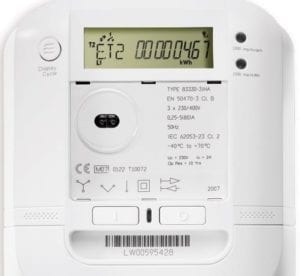Government is committed to supporting local manufacturers through a range of local procurement instruments, says the Department of Trade and Industry (DTI).
This after the DTI announced the designation of electricity meters and boats earlier this year. The DTI, in April, released the sixth iteration of the Industrial Policy Action Plan (IPAP). The document stated that the ship/boatbuilding industry is in the process of being designated for local procurement. In a statement on Monday, the DTI said that National Treasury has issued instruction notes to all departments and entities. This means that local procurement requirements set out in these designations and instruction notes are binding on all government departments at national, provincial and municipal level and all state entities. Electricity meters DTI Minister Rob Davies added that the designation of residential electricity meters is similarly binding on the public sector including and especially municipalities.“South Africa possesses the capacity and capabilities to manufacture smart meters locally to the required high standards. It has proved very difficult in this space to get accurate economic data but it is safe to state that there has been significant import leakage. In other words, public procurement has been spent on imported products in conditions where local manufacturers have the capacity to manufacture locally, at competitive prices,” explained Davies.
“The designation of electricity meters and Set Top Boxes for the digital migration, the localisation possibilities arising from the roll-out of Broadband and the provision by government of a range of other policy measures inclusive of incentives — all these are contributing to the creation of an enabling environment to significantly grow the domestic electro-technical sector,” he added. The South African Bureau of Standards has ensured that the requisite standards for the industry have been set. Work by the National Regulator for Compulsory Specifications (NRCS) is also underway to ‘lock-out’ sub-standard and unsafe products in this sector, amongst others, in the interests of consumers. “These designations are part of this broader effort and must be accompanied by commitments from manufacturers to raise competitiveness, including in relation to export markets. Government also once again calls on large companies with significant procurement budgets to support the buy local, ‘Buyback SA’ campaign, including this sector,” he said. (SAnews.gov.za)






